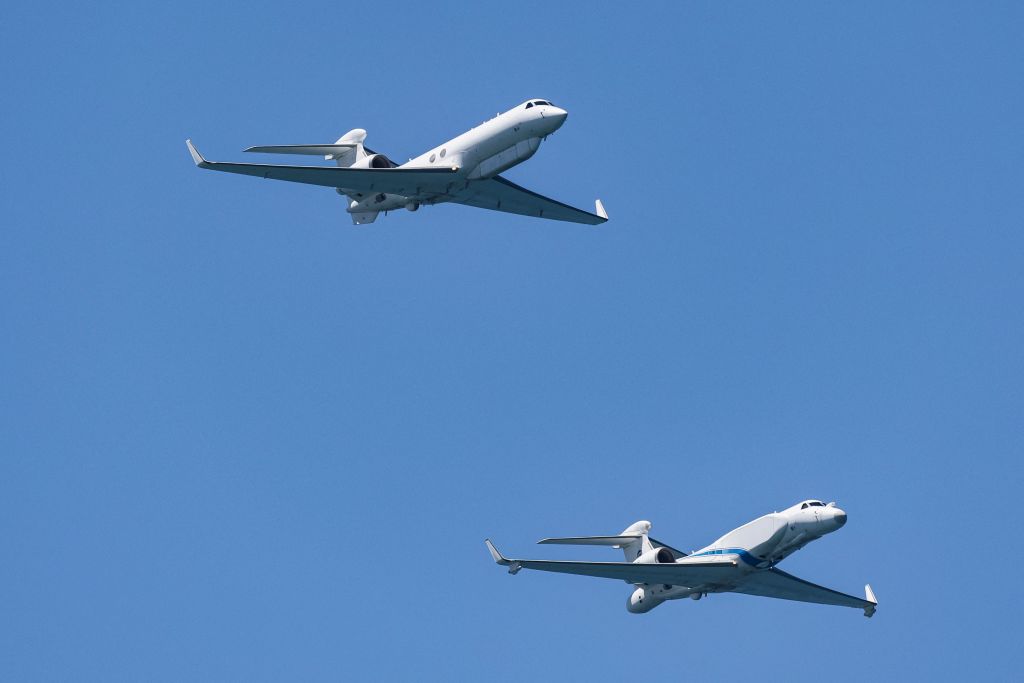Gulfstream Aerospace Corp. has achieved a groundbreaking milestone in aviation after successfully completing the world’s first transatlantic flight using only sustainable aviation fuel (SAF).
The journey took place on November 19 aboard a Gulfstream G600 aircraft, flying from Savannah, Georgia, to Farnborough, England, lasting a total of six hours and 56 minutes.
In an effort to achieve net-zero carbon dioxide emissions by 2050, the aerospace sector has been actively exploring sustainable alternatives for aviation fuel. This successful flight marks a significant step in this direction.
The SAF used in the aircraft’s Pratt & Whitney PW815GA engines is designed to reduce aviation carbon emissions and rely significantly less on fossil fuels. It exhibits significantly lower carbon, sulfur, and aromatics compared to traditional jet fuels.
Mark Burns, the President of Gulfstream, stated that the broad use of SAF in place of fossil-based jet fuel is key to achieving business aviation’s long-term decarbonization goals. The completion of the historic flight has set the stage for further advancements in sustainable aviation.
The SAF utilized for the flight was provided by World Energy and distributed by World Fuel Services, with Gulfstream noting that it exhibits at least 70% lower lifecycle CO2 emissions compared to traditional jet fuel.
In recognition of Gulfstream’s pioneering role in sustainable aviation, key partners such as Honeywell, Safran, and Eaton have also played a crucial role in supporting this achievement.
A recent study by the National Center for Atmospheric Science and the University of Manchester found an up to 80% reduction in carbon dioxide emissions and a significant decrease in ultrafine black carbon emissions from sustainable aviation fuels compared to traditional jet fuel.
Gulfstream’s successful transatlantic flight using 100% SAF has truly marked a momentous leap in the aviation industry’s efforts towards sustainability.




